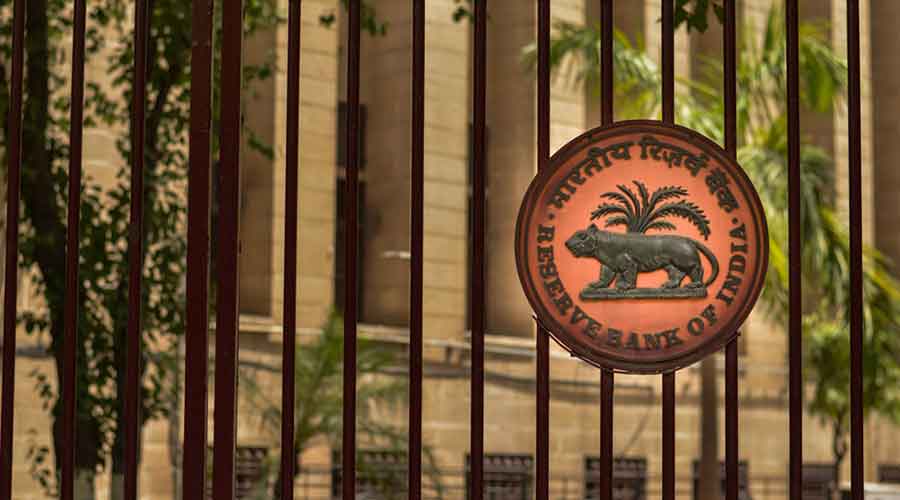RBI governor Shaktikanta Das on Saturday said the central bank would undertake orderly unwinding of counter-cyclical regulatory measures after Covid-19 is contained even as he assured that there were several signs of the economy looking up.
The RBI governor was speaking at the 7th SBI Banking & Economics Conclave on “Indian Economy at a Crossroad: A view from Financial Stability Angle”.
The governor urged banks to improve governance, sharpen risk management and raise capital on an anticipatory basis. There is a growing apprehension that the domestic banking sector is likely to see a spike in bad loans and the consequent capital erosion during the second half, he said.
In such a situation, it would become necessary to draw up a recapitalisation plan for banks. However, he said banks must do a lot more than just meet the minimum capital requirements, which were calibrated to historical loss events and may no longer be considered enough to absorb the looming losses.
Moratorium hope
Das’s comments on a gradual unwinding of counter-cyclical measures only after the virus is contained seems to suggest that the central bank may opt to keep some of them in place well into next year since reports indicate that a Covid-19 vaccine will not be available until then.
Since the imposition of the lockdown, the RBI has reduced the repo by 115 basis points and has introduced targeted long term repo operations and a liquidity window for mutual funds. It also allowed banks to increase exposure to a group of connected companies from 25 to 30 per cent and reduced the requirement of a minimum daily CRR balance maintenance from 90 per cent to 80 per cent.
More importantly, a loan moratorium was extended till August 31 to help retail borrowers and enterprises facing cash flow difficulties.
In line with this relaxation, the RBI also told banks that the period of moratorium can be deducted while calculating NPAs which gave banks more time to classify an account as an NPA. It also extended the 210 day resolution period under the June circular for stressed assets by 90 days.
Onus on banks
While raising hopes that some of the above relaxations may continue, in the same breath, the governor struck a contradictory note when he cautioned banks not to become too used to these “new norms”.
“We strive to maintain the balance between preserving financial stability, maintaining banking system soundness and sustaining economic activity. Post containment of Covid-19, a very careful trajectory has to be followed in orderly unwinding of counter-cyclical regulatory measures and the financial sector should return to normal functioning without relying on the regulatory relaxations as the new norm,” he said.
Das said banks and non-banking finance companies have been asked to conduct stress tests with regard to the impact of Covid-19 on their balance sheet, assets, liquidity, profitability and capital adequacy for 2020-21. This would apply to entities with an asset size of Rs 5,000 crore.
Economist view
Economist Rathin Roy, director of National Institute of Public Finance and Policy, on Saturday said the assumption that the rate cuts are helping to deliver growth is not working in a simplistic way as transmission was not happening.











